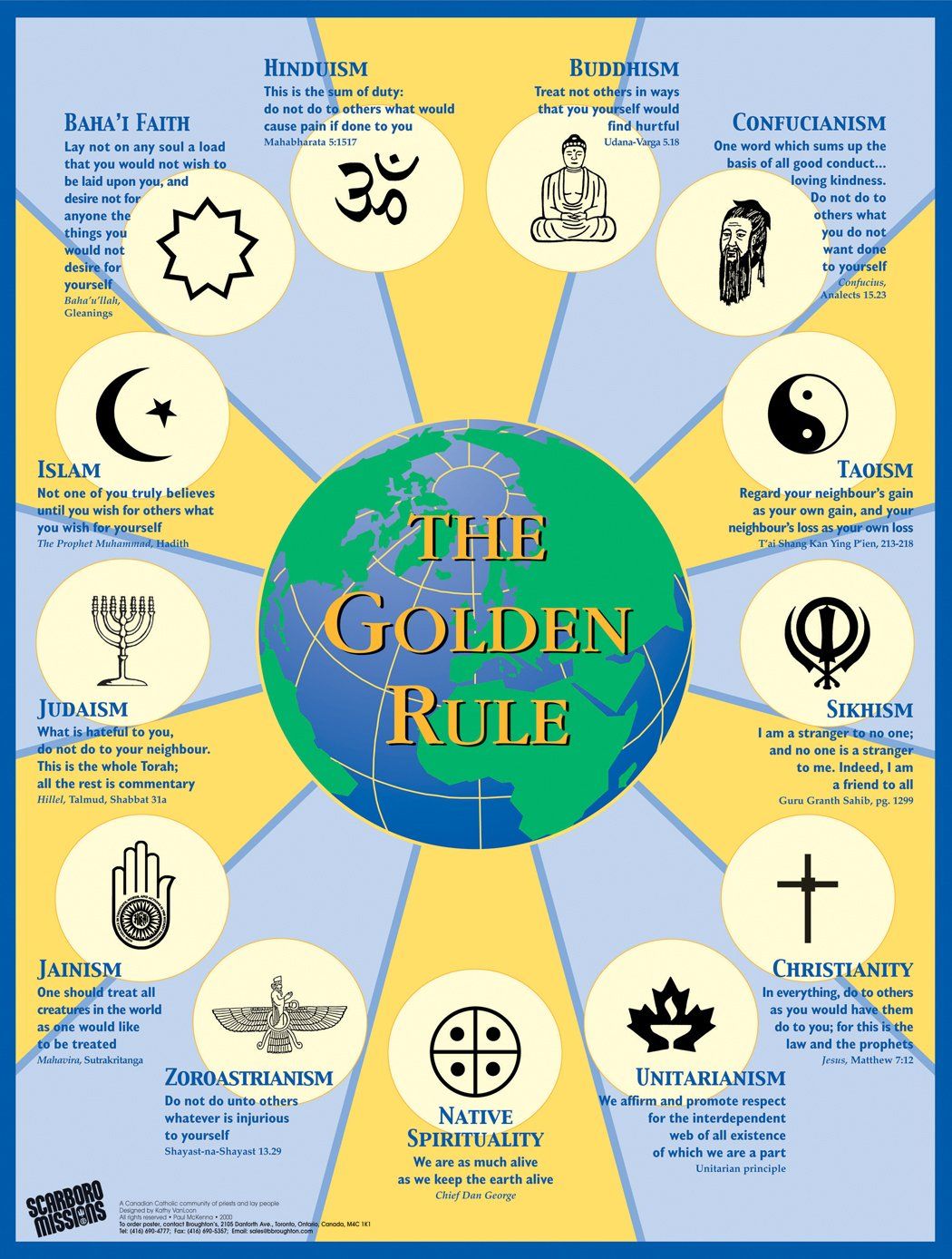On "seeking first the Kingdom of God"
A Nicaraguan woman told Canadian visitors" I shall continue to support the Sandinista government critically as long as I can see signs of the Kingdom."
Her simple comment challenges Canadian pastors and educators to discern the truth and act on it amid the holy war rhetoric emanating from Washington.
The history
Since 1979, Nicaraguans have been trying to turn around generations of oppression. Instead of yielding to a thirst for revenge, the Sandinista National Liberation Front allowed supporters of the overthrown Somoza dynasty to leave the country, and have since allowed the reintegration of former enemies into Nicaraguan life.
The country launched a massive education program to enable an illiterate population to read. Increased health services, particularly in rural areas, have eradicated polio. Infant mortality has fallen from 121 per thousand live births to 80. A policy of providing basic foods at controlled prices has greatly reduced malnutrition. One of the more successful land reforms in Latin America nationalized property formerly held by the Somozas.
The revolution was legitimized by elections, generally held to be fair and free, in 1984. Over 67% of the electorate voted for Daniel Ortega as president, and gave the Sandinistas a majority in the National Assembly.
The government's openness to criticism - both internal and external - contrasts sharply with the approach of the U.S.-backed governments in El Salvador, Honduras, and Guatemala. There, criticism invites kidnapping, torture, and death; fear of security forces is palpable. The difference from Nicaragua, where visitors regularly report an easy rapport between civilians and military, is stark.
Not even Sandinista leaders claim perfection. Their handling of the Miskito Indians has merited strong criticism. But the government has acknowledged mistakes, and is now negotiating autonomy with these traditionally subordinated people.
A biblical evaluation
In Matthew 11:1-6 Jesus defined some marks of God's shalom: "The blind see, the lame walk, the lepers are made clean, the deaf hear, the dead are raised to life, the poor hear good news."
By that standar, the prayer "Thy kingdom come" has begun to be answered for most Nicaraguans. People who were blinded by illiteracy can read; crippling has been reduced; bbies who would have died can live; people who had no voice can be heard. The poor do indeed hear good news. For many, life has been transformed.
Causes of hostility
Why, then, the intractable hostility expressed by President Reagan towards Nicaragua? How can a country as small as Nicaragua be as big a threat as Washington claims?
Political observers point to Reagan's intention to restore the U.S. to global dominance. Like the Soviet intervention in Afghanistan, the U.S. does not want its dominance challenged close to home. Hence the war against Nicaragua.
U.S. sponsored and supported contras
have destroyed border installations and terrorized local people. Thousands of people - including nurses, teachers, priests, farmers, harvest volunteers and children - have been raped, tortured, and murdered. The contras
show that if they were to gain power in Nicaragua, the rivers would run red with the blood of those who have laboured to transform their country.
The onus remains on the U.S. administration to show that their proposals for Nicaragua will result in God's shalom and not in slaughter.
Taking a stand
In March, the heads of Canada's major churches called on the federal government to "be faithful to Canadian's foreign policy tradition of defending the right to national self-determination," and therefore to express "opposition to aid for the contra
forces against Nicaragua." They urged support for Latin American peace initiatives. They pleaded with the U.S. to "abandon its search for military solutions" and to "show a willingness to accept a negotiated settlement and respect the rule of international law."
By their action, Canadian churches demonstrated that "Thy Kingdom come" is not just an end-time prayer. It has direct relevance today. The words testify to the abiding conviction that God's reign transcends even the ambitions of the world's most powerful nations.
Along with the Nicaraguan woman watching for "signs of the Kingdom," all Christians who utter Christ's prayer are called to resist the violence of empires - whether Soviet or American. We are called, with our sisters and brothers in Christ in Nicaragua, to be co-creators of God's justice and shalom.
[2019 editorial lament: no guarantee, unhappily, that the liberated will continue to be the liberating as the new from Nicaragua comes north to Canada these days.]


